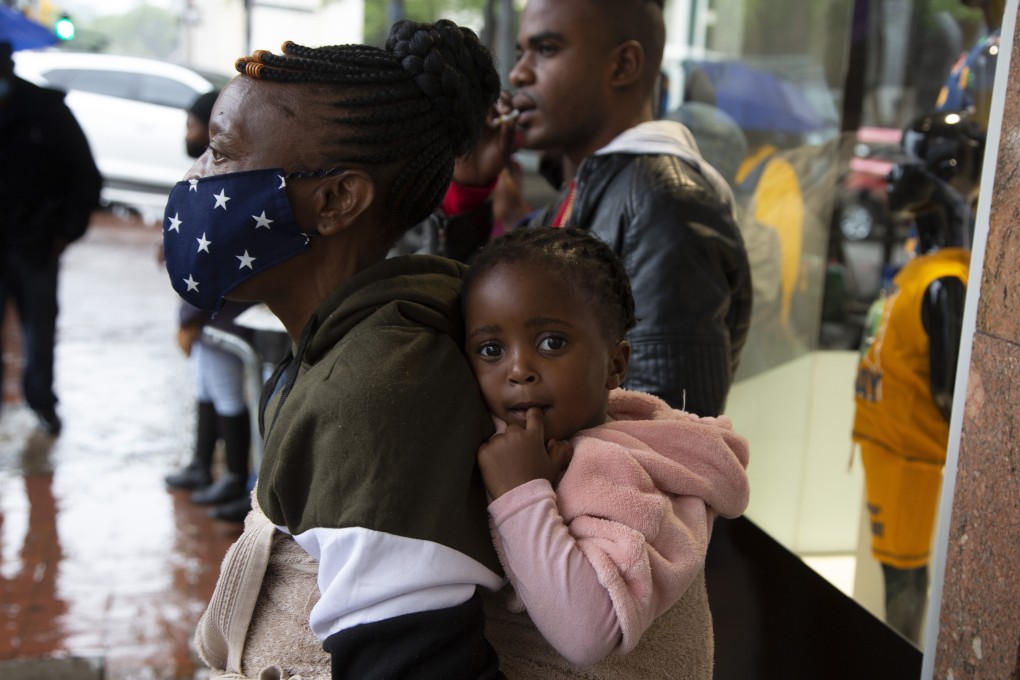Opinion | Why shunning South Africa based on Covid-19 Omicron variant fears is counterproductive
- South Africa acted as a good global citizen in promptly reporting the new variant. In response, various countries have imposed a ban on flights from South Africa and its neighbours
- This sends a message to other states where variants could emerge that it might not be in their national interest to be transparent

For someone who is not a professional journalist, I seem frequently to be blessed with opportunities to look at societies through “fieldwork research” beyond my original intentions. I walked into the lion’s den again as I began a three-month visit to South Africa on November 24.
Chaos inevitably followed at Johannesburg and Cape Town international airports, where long queues of travellers clung to hopes they might get a seat on the last flights out of the country despite eye-watering fares on convoluted routes.
Angelique Coetzee, the South African doctor who first raised the alarm over a potential new variant among her patients, and chairperson of the South African Medical Association, has reported that symptoms of the variant were “unusual but mild”, consisting essentially of lethargy.

